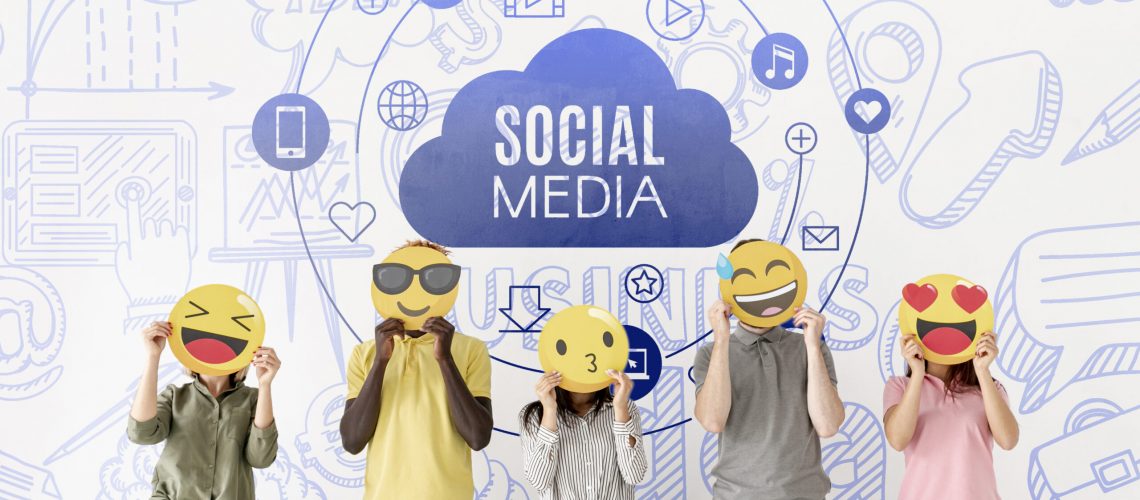Importance of Social Media Security :
- Social media security is that the process of analysing active social media data so as to safeguard against security and threats.
- Every industry has its set of own unique risks and the same with social media too , Whether it’s blocking targeted phishing attacks, protecting corporate accounts from compromise, fighting fraud or defending against social engineering scams like impersonating accounts. Social media security is critical for contemporary business or a private success.
- Social could be a style of data communication and is susceptible to exploitation. the benefit of making a legitimate and fraudulent social media accounts make the medium in danger to fraud and abuse. With the identical speed and vigour, the hackers and scammers are joining the social media and leveraging the social media to spread malware and online attacks, additionally they begin mimicking individuals and types to trick followers and company employees spreading misinformation or revealing corporate sensitive data and private data too.
- The list of potential attacks that happen on social media are (a) #HashtagHijacking (b) Cross-Site Scripting (XSS) & Cross Site Request Forgery (CSRF) (c) Pharming, Phishing and Click Jacking (d) Elicitation, Identity Theft and Impersonation.
Social Platforms Share Your Information :
- (a) Publicly available information : All social platforms allows you to post some information that is publicly accessible. You may be treated as public without your permission, including:
- i. Certain information may be publicly visible by default.
- ii. A social network can change its privacy policy at any time without a user’s permission..
- iii. Approved contacts may copy and repost information – including photos or personal information – without a user’s permission, based on privacy settings.
- iv. Third-party applications that have been granted access
- v. Social networks themselves do not necessarily guarantee the security of the information that has been uploaded to a profile, even when those posts are set to be private..
- (b) Advertising Your own publicly posted information is tracked, and advertisers are interested in the information that can be gathered by tracking your online activity like (a) Tracking which website a user has viewed (b) Stored information on websites (cookies) (c) Collected data is aggregated for marketing purposes
- (c) Behavioural Advertising is the term used to describe the practice of tailoring advertisements to an individual’s personal interests. These are valuable to social networks as they can be sold at a premium price than regular ads.
- (d) Third Party Applications are programs that interact with a social network without even being part of that social platform network. Few facts to be considered when using third-party applications :
- i. They may not covered by the social network’s privacy policy.
- ii. They will not be certain to be secure.
- iii. They may gain access to more information than what is required to perform their functionalities.
- iv. They might contain malware.
- v. A social media platforms might have agreements with 3rd party websites and applications that allow them access to public information of all users of the social network.
- (e) Law Enforcement : Agency officials shall always monitor social platforms for valuable information for any antisocial or any other illegal activity.
- (f) Employment : Potential employers are generally permitted to use publicly available information is gathered to make a background check of the applicant for making a hiring decision
Important Points to be Considered :
- i. Who can contact me
- ii. Who can lookup me
- iii. Who can tag
- iv. Who can comment
- v. Who can post on my timeline
Privacy Protection Tips :
- i. Use strong passwords with Capital , Numeric and Special Characters.
- ii. Use separate emails and passwords for banking, social and personal accounts
- iii.Don’t use social media on public devices and ensure you log out after you use it.
- iv. Disable access to Geolocation (GPS) feature for your social media platforms.
- v. Be wary about clicking shorts links from friends in social media
- vi. Use two-factor authentication for all Social Profiles.
- vii. Keep personal information to a minimum, even on your private social profiles.



